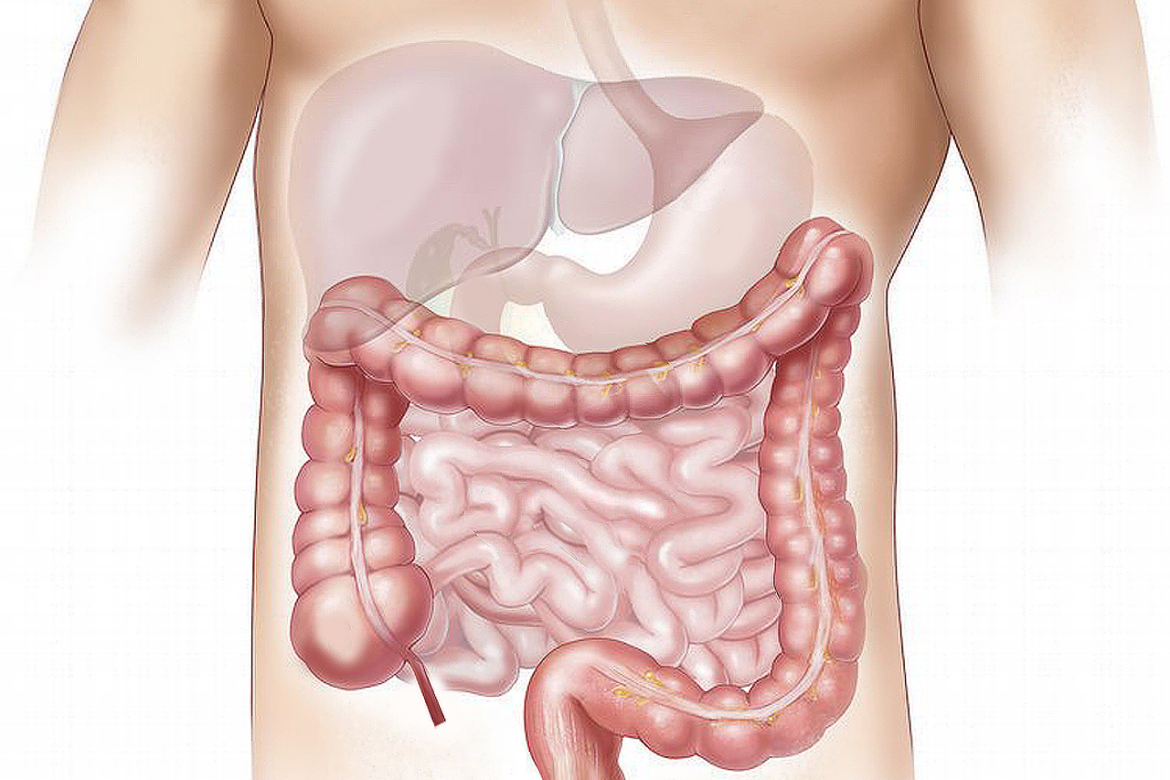Learn about the Liver
Today we start to learn about the liver….Your liver is truly an amazing organ (FYI- I will say this about every organ because it’s true…but today we are focusing on the liver, so that is the amazing organ of the day). Scientifically we know that it serves multiple functions including filtering of blood (over a liter a minute!!) as well as regulating clotting, providing immune support, metabolizing fats and carbs, and storing vitamins and minerals…just to name a few. Very few people think about taking care of their liver or supporting them and as a result, over time, your liver can get overwhelmed and become sluggish.
What the Liver does
All organs have movement patterns that they must be able to move in, to work at maximum efficiency. If they are not able to move into their patterns, they can become dysfunctional and not do their jobs as efficiently. Most people associate excessive alcohol intake as the main contributor to liver dysfunction, however, multiple other factors can contribute to decreased liver efficiency such as: eating excessive fatty foods, high amounts of protein intake (fad diets!) chronic pharmaceutical intake, and environmental toxins.
If your liver is overwhelmed, you may notice things like:
• Headaches
• dark urine
• either constipation or diarrhea
• anxiety and depression
• hormonal imbalance
• mental confusion
• exhaustion and fatigue
What can be done
While many of these symptoms can also be the result of other things going on in the body, treatment for the liver is a great place to start. For my more esoteric readers out there, the liver has some more esoteric and emotional connections.
If you have liver issues, it can contribute to:
• Having a hard time knowing yourself
• Having a dependency on the past or a maternal figure
• Dwelling on bad memories
• Fear of the future (tendency towards pessimism), little phobias
• Issues with depression
• Fits of anger, bad moods
• Feelings of insecurity
• Decrease in creativity
• Lack of motivation
• A prisoner to your routine
Visceral Manipulation
A visceral manipulation therapist can help increase your liver movement and function to help with the resolution of the above symptoms (in either list). Visceral manipulation is a very gentle (but powerful) and specific treatment that addresses individual organs as well as their connective tissue to increase their efficiency and reduce the stress on that organ to help optimize function- a piece of rehabilitation that is often overlooked! Some other things you can do to help improve liver function:
• Steam baths and saunas (to help remove toxins that might be residing in the liver)
• Being cautious about your pharmaceutical intake (acetaminophen)
• Enjoy fried food, alcohol, fatty food, cheeses, pastry, chocolate, and cooked cream in moderation
• Start your day with warm lemon water and drink regularly throughout the day
• Fruits that support the liver: Mango, Berries, Guava, Papaya, Fresh pineapple, White peaches
• Veggies that support the liver: Bitter greens (endive, escarole, lamb’s lettuce), Artichokes, Red and black radishes, Fennel
Psychological Liver Care
Psychological care: Keep up a positive self-image, focus on your best life experiences- (extrapolating your natural inclinations, aptitudes, and qualifications), recall happy events, good decisions you’ve made, positive people in your life, successes at work, even pleasant sensations like sunbathing or swimming in the sea)- all things that will assist in regaining and maintaining self-confidence. Also, try to avoid stressful situations as cholesterol is made in the liver and stress can be an aggravating factor that raises our levels of bad cholesterol (LDL). With all this information, I hope you were able to learn about the liver.
Love your liver and it will love you!!

